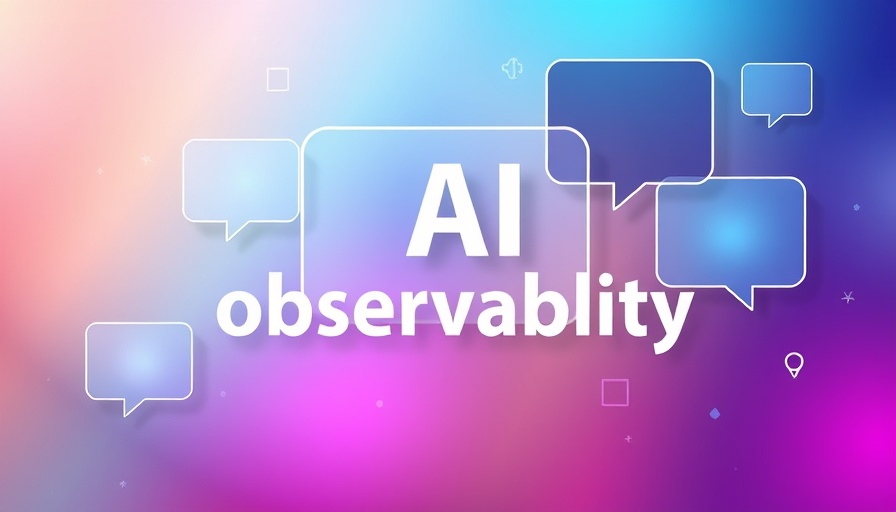
The Future of Urban Development: AI at the Helm
Google's recent technological advancements, highlighted in the video Google’s AI Predicts City Growth!, showcase how artificial intelligence (AI) is reshaping our understanding and management of urban development. By leveraging a data set covering over 32,000 square kilometers across various continents, Google's AI predicts not just the number of buildings but also their heights, offering valuable insights for city planners and investors alike.
In Google’s AI Predicts City Growth!, the discussion dives into how advancements in AI and data analysis can predict urban expansion, sparking deeper insights on the impact of these technologies.
Data-Driven Insights into Urban Expansion
This AI system can identify future areas for building development, equipping urban planners with critical information on where to focus their efforts. In a world where urbanization is accelerating rapidly, leveraging such data can lead to more thoughtful planning, helping to accommodate growing populations and alleviating infrastructural strain. Future predictions enabled by AI allow city officials and real estate investors to stay ahead of the curve, optimizing their strategies based on predicted trends.
Real-World Applications: Enhancements for Investors and Planners
The ability to predict urban growth opens various potential applications across sectors. For example, real estate investors can make informed decisions about property acquisitions, focusing on areas projected for future development. Moreover, city planners could allocate resources more effectively, ensuring that infrastructure projects align with the anticipated needs of the growing population. This data-rich approach elevates the discourse around urban planning, shifting from reactive measures to proactive planning.
Ethical Considerations of AI in Urban Planning
While the innovations of AI offer immense potential, they also raise essential conversations about ethics and regulation. There are crucial concerns regarding data privacy, ethical use of AI, and government regulation in urban planning decisions. How is data collected, and who decides its use? These questions are particularly important for ensuring that AI's deployment in urban settings respects citizen privacy and adheres to ethical guidelines.
Global Trends and Data Usage in Urban Planning
As urbanization continues globally, the need for localized insights becomes increasingly vital. With this AI system, data drawn from satellite imagery enhances predictive models, making it a powerful tool for urban development worldwide. Understanding how different regions adapt to growth can inform global best practices, encouraging the adoption of AI-driven methodologies in cities around the globe.
AI Predictions for the Future: What Lies Ahead?
Looking ahead, AI's role in urban growth predictions will likely expand, with the potential for decentralized AI platforms that prioritize transparency and community engagement. As citizens seek greater involvement in the decision-making processes shaping their communities, ensuring freedom of speech and the ethical application of AI technologies will be paramount in future urban initiatives.
In conclusion, as we stand on the brink of revolutionary changes driven by AI, the insights gained from the Google AI Predicts City Growth! video beckon us to think critically about the implications of these advancements. Embracing this technology responsibly could lead to a future where cities are designed intelligently, accommodating the diverse needs of their inhabitants while upholding ethical standards.
Stay informed about how AI can shape our future. Explore the intersection of technology and urban development and consider the implications of using AI in your business strategies as this field evolves.
 Add Row
Add Row  Add
Add 




 Add Row
Add Row  Add
Add 

Write A Comment